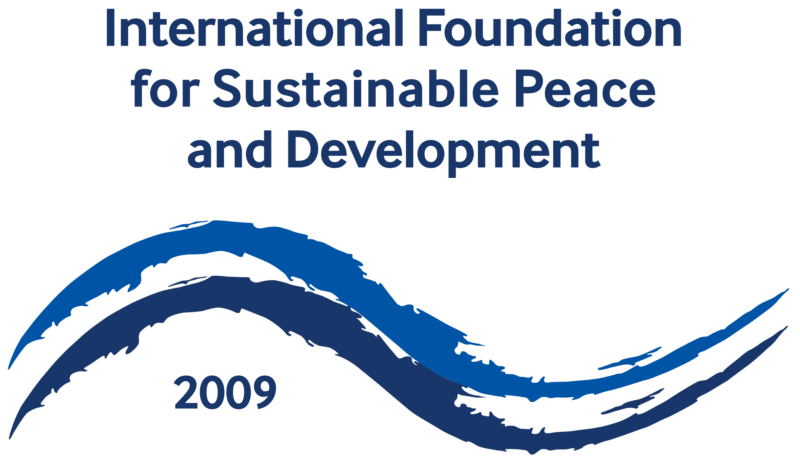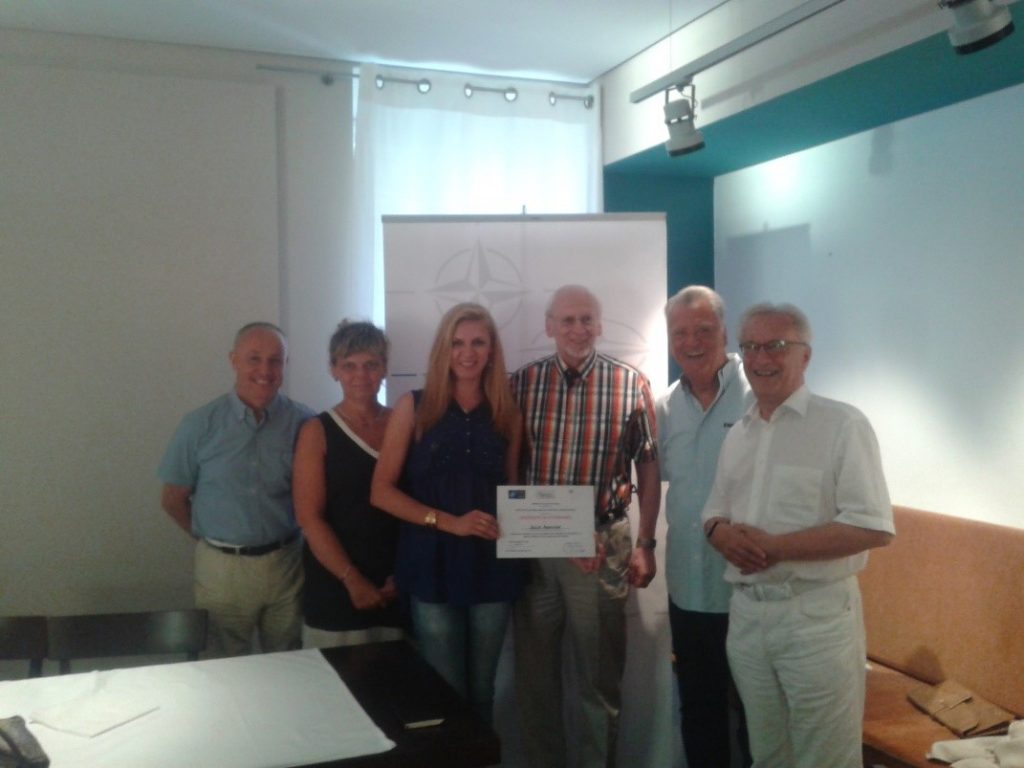In the period June 28 – July 1, 2015, the Chief Coordinator of the central office of BSCSIF, Juia Akhunova participated in the annual 14th International Summer School in Sipan, Croatia, organized by the Atlantic Council of Croatia in cooperation with NATO PDD and International Institute for Peace (Vienna), represented by Mr. Peter Stania, member of the Board of Directors of BSCSIF.
The School was divided into two blocks: Mediterranean between Europe and Middle East: Challenges and Perspectives, organized with the support of NATO Public Diplomacy Division; and another one – Western Balkans between Integration and Isolation, co-organized with the International Institute for Peace, Vienna.
The School gathered speakers and participants from 15 different countries, the USA, Russia, Ukraine, Italy, Canada, Austria, Hungary, Greece and all Western Balkan countries. The organizers invited as speakers many professors, experts and people from politics who transferred their knowledge to 40 participants, young leaders in public diplomacy, PhD and master’s candidates from many countries, giving them different perspectives of the current situation of international security and stability. Participants were mostly interested in Macedonian crisis, current Greek crisis, Kosovo status and current Ukrainian crisis.
President of the Atlantic Council of Croatia prof. Radovan Vukadinovic PhD greeted everybody in Šipan International Summer School, saying that the aim is to gather in one place young leaders and offer them knowledge and different perspectives of the international relations today. Fabrizio Luccioli, President of the Atlantic Treaty Association, whose member is the Atlantic Council of Croatia, warned about the challenges coming from the Mediterranean region, especially taking into consideration situations related to refugees seeking help from Europe. President of the International Institute for Peace in Vienna Dr. Hannes Swoboda stated in his presentation that there are many new actors in today’s new world (dis)order, like the BRICS countries, and future of the Western Balkans is still not clear. That was the reason that main concerns were related to the Western Balkans, countries such as Macedonia and Kosovo, but also discussions covered current Greek crisis and how it could influence the regional security and stability that is still rather fragile in this part of Europe.
Ms. Julia Akhunova had the opportunity to present the activity of the International Fund, drawing attention to the protracted conflicts in the Black Sea-Caspian Sea region: the Armenian-Azerbaijani Nagorno-Karabakh conflict, the Transnistrian conflict, the conflict in Abkhazia and South Ossetia and the recent Ukrainian crisis, thus bringing out the similarities between the security challenges existing in the regions of Western Balkans and the Black and Caspian Seas.
The earliest resolution of these conflicts based on the respect of the principles of sovereignty, territorial integrity and inviolability of internationally recognized borders of states are vital for maintaining peace, security and stability in entire Europe.
Speaking about the current situation of insecurity in Europe, recently exacerbated by the Ukrainian crisis, it is unacceptable to put Ukraine or any other countries in front of a radical choice – between East and West. On the contrary, Ms. Akhunova expressed her belief that an independent, sovereign and stable Ukraine, the second largest country in Europe, may serve a bridge of confidence and understanding between Russia and the West, and underlined the need for intensification of efforts in this regard from both sides, guided as well by their mutual economic interests.



